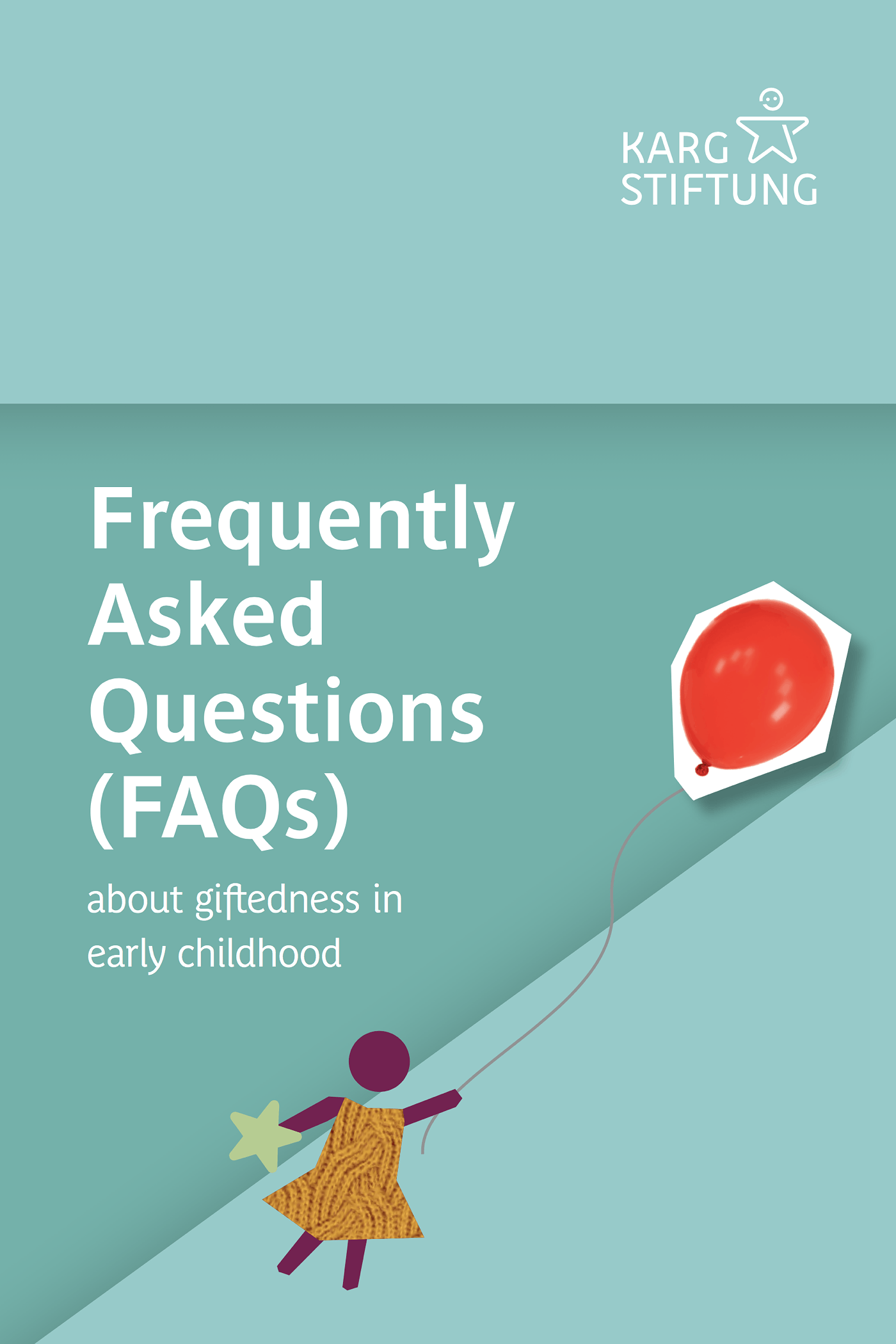Frequently Asked Questions (FAQs) about giftedness in early childhood
At what age can children take intelligence tests?
Tests are available for the assessment of cognitive development for all age groups. There are numerous tests available that are especially designed to diagnose developmental delays at an early stage. They provide a comprehensive assessment of motor, cognitive, and language development starting as early as infancy. Since these tests focus on identifying developmental problems that require intervention, they are generally not designed to identify high ability in young children.
In principle, intelligence tests may be given to children as young as two and a half years of age, which means that it is possible to assess cognitive performance at this age. However, there is a risk that the stability of the intelligence measurement and its predictive power is reduced when the child is tested at a very early age. As a result, only very limited conclusions can be drawn about later developmental processes on the basis of a single test. Experts therefore recommend that intelligence tests should not be used to diagnose giftedness before the age of four, but preferably from the age of five onward or shortly before the transition to school. Testing from this age onward provides more reliable results. Nevertheless, long-term prognoses can only be made to a limited extent even at this age. Intelligence testing at this age can, however, provide valuable information for specific diagnostic questions, e. g., on the timing of school entry. Methods facilitating the compilation of an ability profile, mapping the child’s individual abilities in a variety of areas, are especially useful for gaining an impression of his or her individual strengths and weaknesses.

